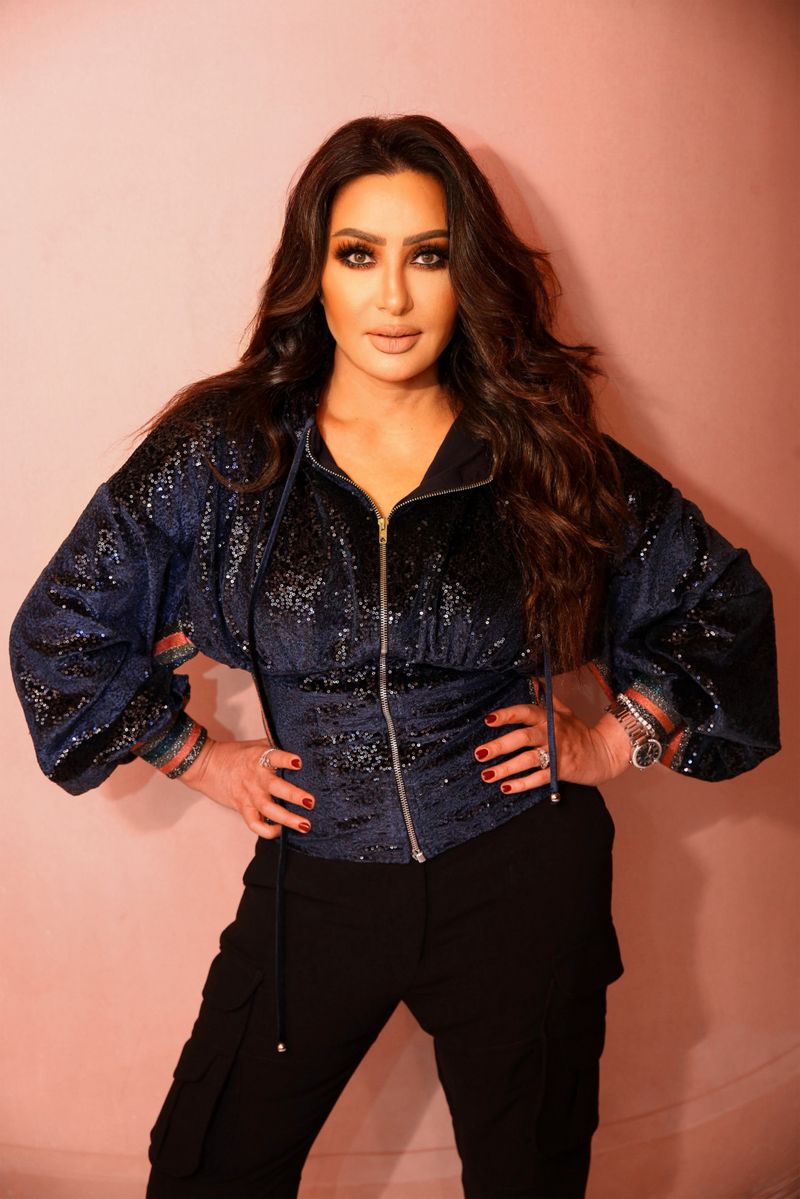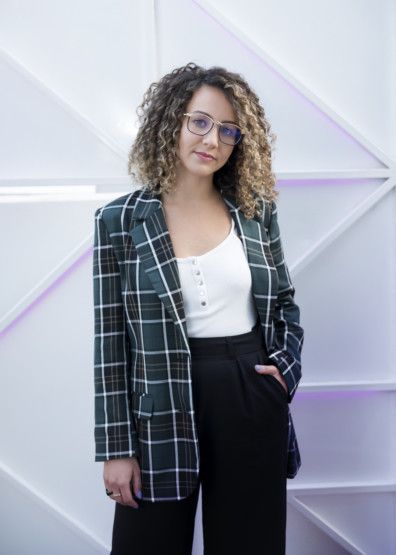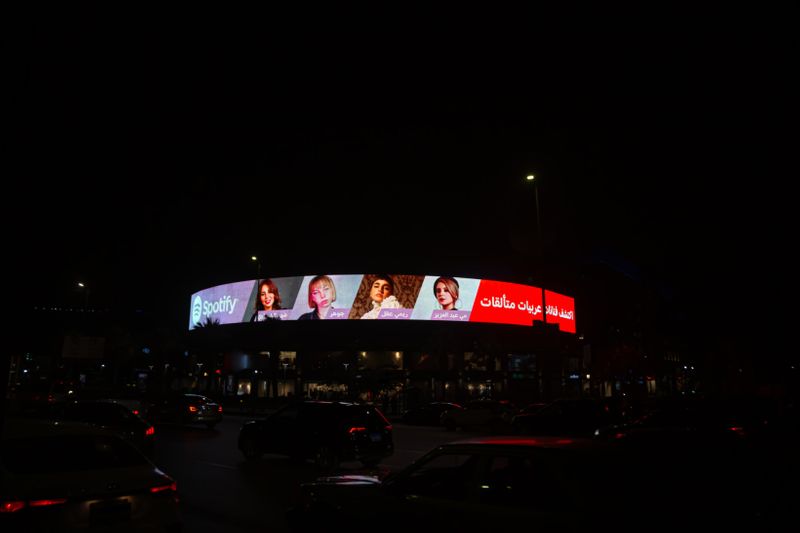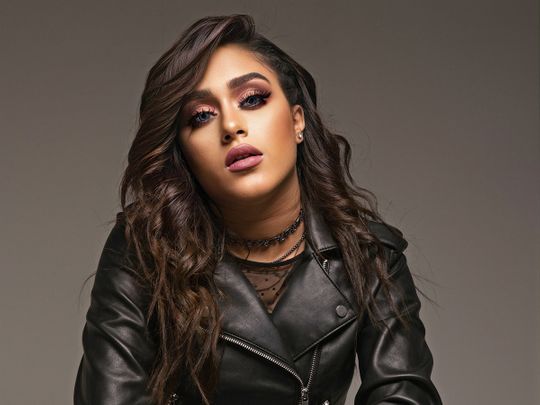Being a woman in music can be challenging. Add in cultural norms and negative stereotypes about female musicians and you’re in even trickier territory. Female artists comprise less than 13 per cent of those signed by MENA-based labels in the past five years, according to research.
But global streaming giant Spotify is hoping to boost women musicians with a new initiative. Sawtik, which means ‘Your Voice’, will support emerging unsigned female artists in the region by raising their visibility and offering them education, networking opportunities and marketing support. Launched on November 17, the line-up comprises 16 women from the region, including UAE, Lebanon and Saudi Arabia, with veteran Arab singer Latifa leading the pack as the ‘godmother’.

With Sawtik, Arab female artists will take over the covers of 18 of Spotify’s flagship playlists including Arab X and Arab Hip-Hop for a week with pop-ups urging users to check out Sawtik’s official playlist. There will also be artist billboards in Cairo, Riyadh, Amman and Casablanca.
Lynn Fattouh, Consumer Marketing Manager for Middle East and Africa at Spotify, knows first hand what it was like finding a space in the music world. She is considered the Queen of Arab Hip Hop, having had an epic career under the stage name Malikah where she performed on stage with the likes of Run DMC, Snoop Dogg, Guns and Roses and Damon Albarn. Now, she’s an intrinsic part of Sawtik. We talk with Fattouh about her journey so far…
You’ve had a pretty amazing career as a woman rapper. Did that influence the making of this initiative?
I can really relate to the findings of our Sawtik research. Being an Arab female artist myself, I know how hard it is to make it as a woman in a male dominated industry. Around 60 per cent of aspiring female artists surveyed feel stigmatised for pursuing a career in music and that’s something I experienced 18 years ago when I decided to follow my dreams and fully embrace music. We implemented several initiatives around the world to help creators and promote diversity, from Equalizer in Sweden to Escuta as Minas in Brazil. Now, with Sawtik, we are extending our efforts to female artists in the Middle East and North Africa.

What do you hope the initiative will achieve for women musicians?
It will help bring more visibility to emerging female artists in the music industry through education, networking, and on- and off-platform marketing support. We are turning up the volume on these voices which deserve to be heard, making it easier for listeners and labels to discover their incredible work. We hope that Sawtik will uplift the careers of female artists from the region. We want them to know that there is support for them, that they can grow and make a living off their art.
In the long run, we really hope to see more songs by emerging Arab female artists and a growing number of female artists getting signed by labels. This is just the start and we have big hopes for women in music in the Arab world.
During your time as a woman rapper, did you face negative stereotypes? Can you recall any specific incidents?
I experienced a lot of hardship because I was a woman, an Arab woman doing music. There was always this image that I wasn’t following my tradition and the stereotype that I was tomboyish because of my music genre, rap and hip hop, which is male-dominated. I felt judged and criticised, but I didn’t let this affect me. I kept going and growing. Every female artist should believe in herself, her passion and keep going, no matter what.

Get to know one of the stars of Sawtik
Almas is a 21-year-old rising Emirati talent who sings in Arabic and English. She started her career at the age of 15 with song called ‘Shousaawi Bih’ that reached 29 million views on YouTube. Almas has also collaborated with established Emirati singer Fayez Al Saeed for the single called ‘Allah ma yirdaha’.
How did your journey as a singer begin ?
I started at a very young age when I was 15 years old and then before I knew it I was performing with established singers like Fayez Al Saeed. It was unbelievable. This year was a new milestone for me, as I started writing my own songs. I look forward to growing and evolving in my music journey.
What inspired you to take this path ?
I love music and felt I had a calling to express myself through music and I wanted to forge a career in music. I love to bring innovation to music and my own style blends different musical genres from rock and roll to hip hop, Khaleeji and others.
Who are the women singers that you look up to?
I like Amy Winehouse and Beth Hart, and it is because I relate myself to their music a lot.
Why do you think it is hard for women in MENA to kick off a music career ?
We can’t really find many female artists in the region, it is mainly focused on male artists. It can be challenging for us to succeed in the music industry. That’s why it’s great to be part of an initiative like Sawtik. It is amplifying our voices as emerging female artists. We will be getting the visibility and the support we need to get our voices and music heard. To be part of the launch is also very important to me. It’s one of the first times my face will be on many billboards around the region. Usually only big artists get that privilege!
The initiative is giving us marketing support that we would never be able to get as artists who are not signed to a music label.
What changes would you like to see in the music industry ?
I would like to see more female artists making their own music and adding their own style to it and expressing themselves through music.

